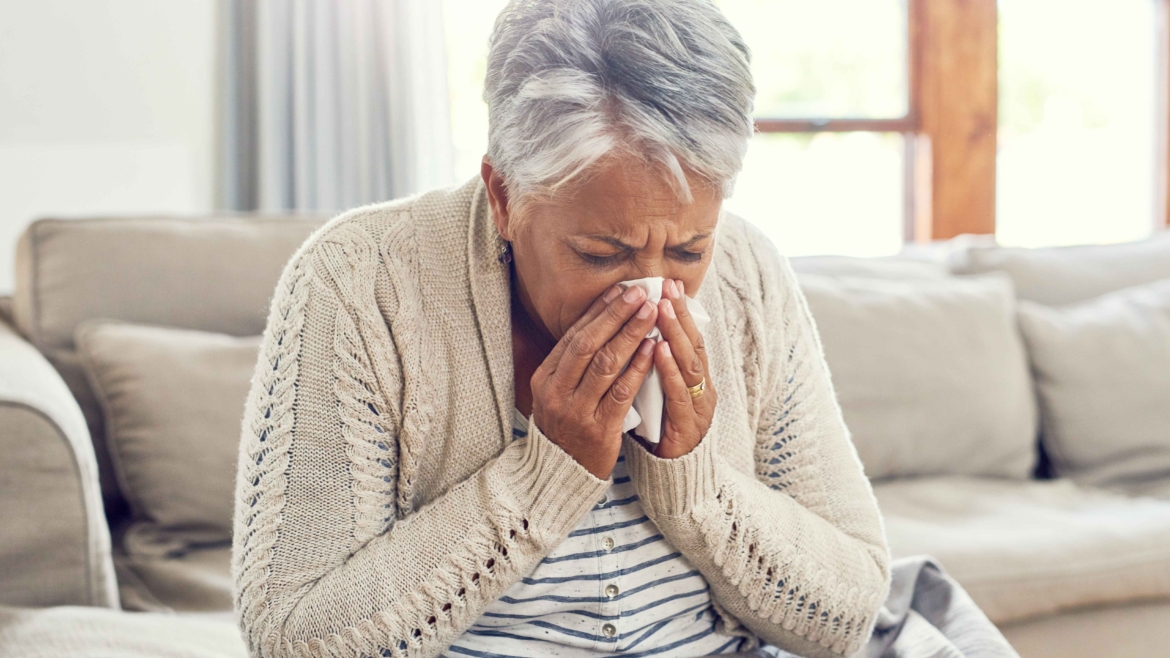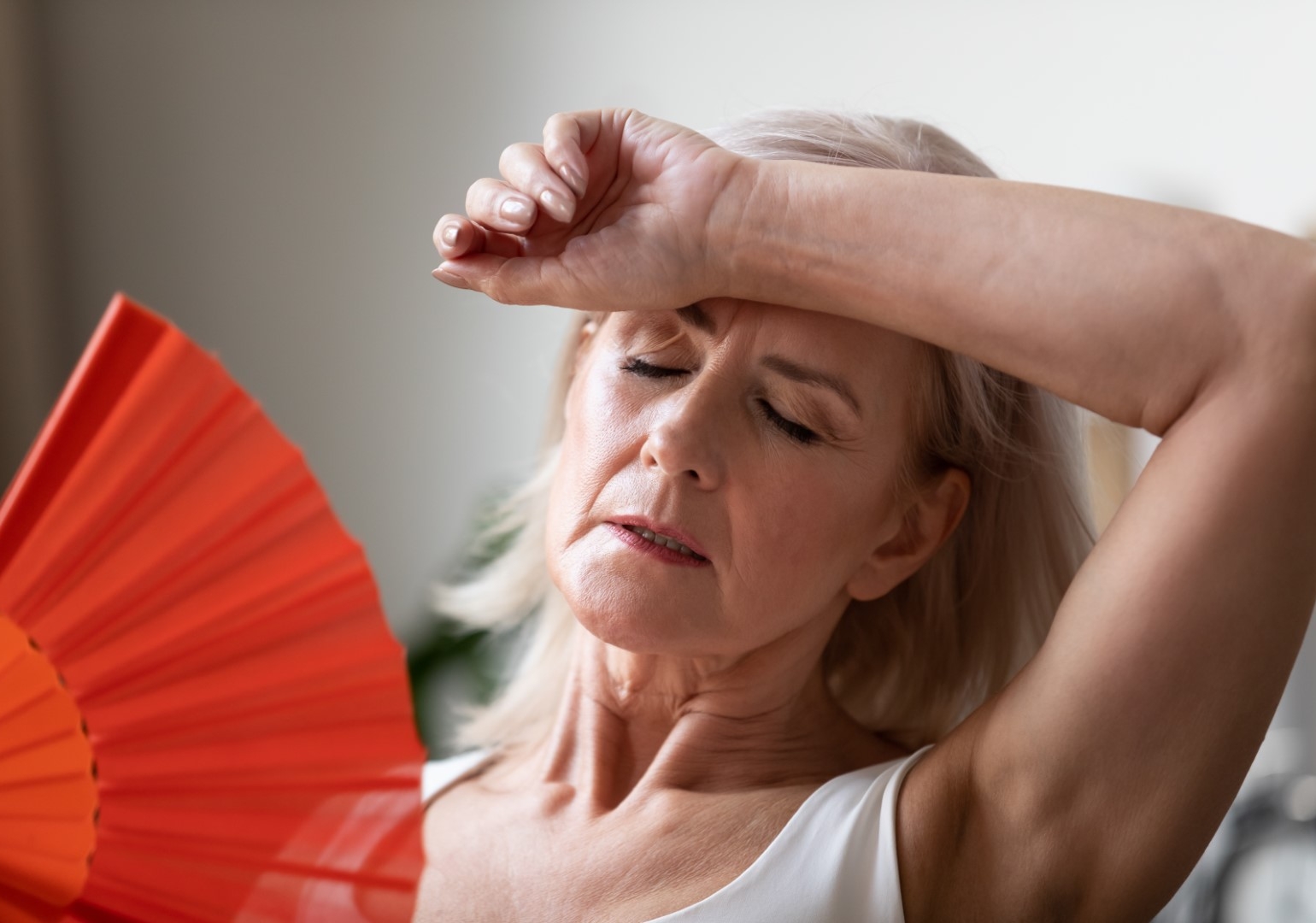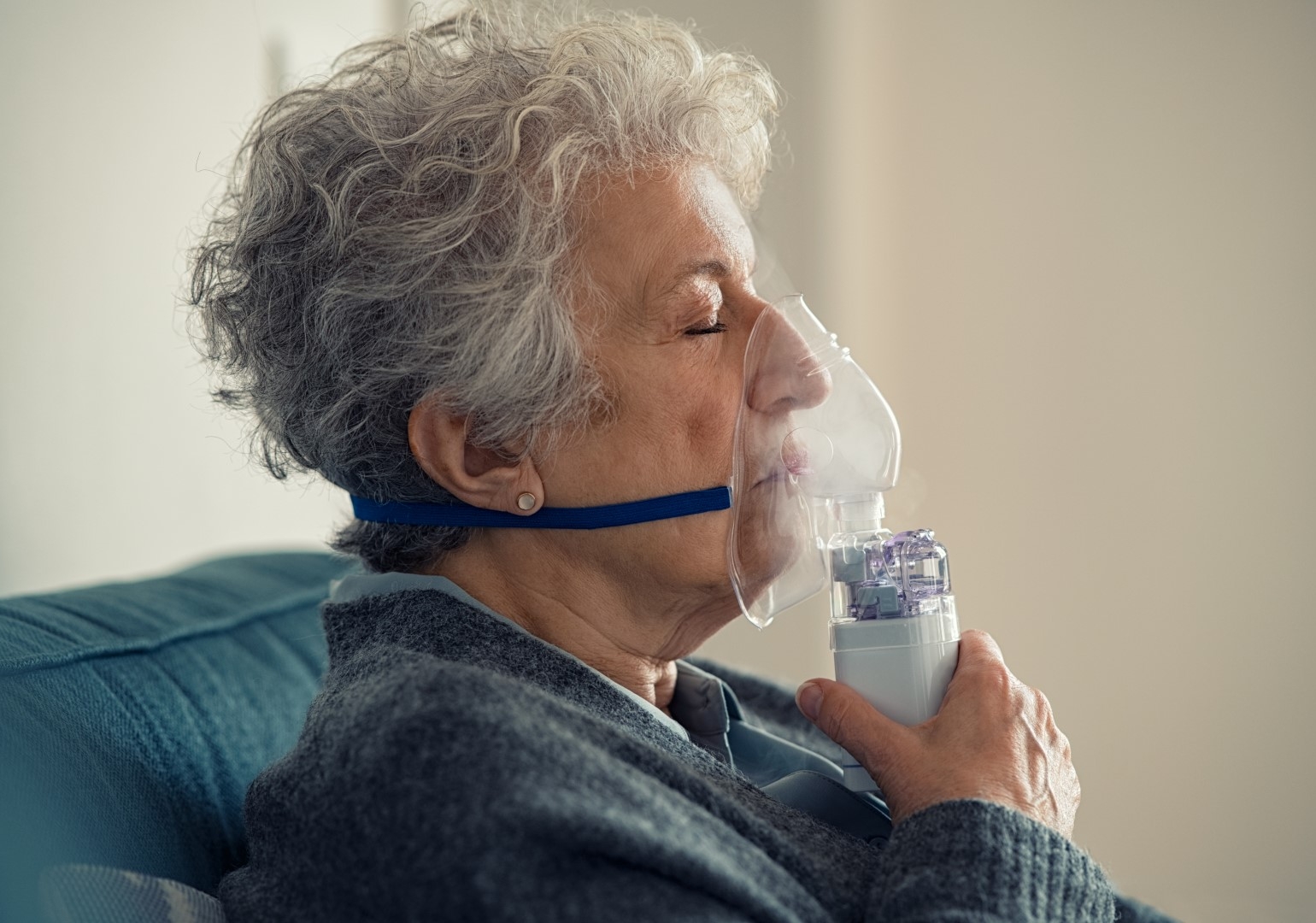Caring for Seniors During Flu Season
As flu season approaches, it’s crucial to take extra precautions, especially within a home care setting. Older adults and individuals with compromised immune systems are at higher risk of severe flu-related complications, making flu prevention a top priority.
Promoting Vaccination
The most effective way to prevent the flu is through vaccination. For seniors, getting an annual flu shot is particularly important as they are more susceptible to developing complications such as pneumonia or exacerbation of chronic conditions.
Families should prioritize getting their loved ones vaccinated early in the season. If mobility is a concern, consider arranging for transportation to a healthcare provider or exploring at-home vaccination options. Staying on top of vaccinations can significantly reduce the risk of flu-related hospitalizations and provide peace of mind.
We’re proud to offer a comprehensive range of vaccination services to keep you and your loved ones safe. Whether you’re an individual looking for personal protection or an organization interested in safeguarding your employees and community, our dedicated team is here to assist you. Inquire about our services, and let us help you create a customized vaccination plan that fits your specific requirements.
Maintaining a Clean, Healthy Environment
Flu viruses spread quickly, especially in confined spaces. Keeping the home clean and free from harmful germs is crucial for preventing illness. Implement thorough cleaning routines that include frequent handwashing, sanitizing surfaces, and properly disposing of tissues or items that may carry germs.
Pay special attention to high-touch surfaces, such as door handles, light switches, and remote controls, ensuring they are cleaned regularly. By maintaining a sanitized environment, you can reduce the risk of flu transmission and create a healthier living space.
Supporting Overall Health and Wellness
In addition to vaccination and cleanliness, supporting the immune system is essential during flu season. Caregivers can help by ensuring their loved ones or patients follow prescribed medication routines and consume balanced, nutritious meals that support overall health. Staying hydrated and well-nourished can significantly impact how a senior’s body responds to illness.
Encouraging light physical activity, when appropriate, can also boost immunity. Simple movements, such as stretching or gentle walks around the home, can contribute to better health during the flu season.
Early Recognition of Flu Symptoms
Monitoring for early signs of illness is crucial. Seniors may not always exhibit typical flu symptoms, and conditions such as fever or fatigue can escalate quickly. Caregivers should remain vigilant for early warning signs and know when to seek medical advice.
Being proactive about symptom recognition can lead to timely treatment, helping to prevent complications and reduce recovery time. It’s important to communicate with healthcare providers and ensure a plan is in place for any necessary medical visits.
Caring for seniors and those recovering from accidents during flu season requires a proactive approach. By promoting vaccination, maintaining a clean environment, supporting overall wellness, and being vigilant about early symptom detection, families can help safeguard their loved ones’ health. Taking these essential steps ensures that seniors and recovering individuals receive the care and protection they need during this time of year.



